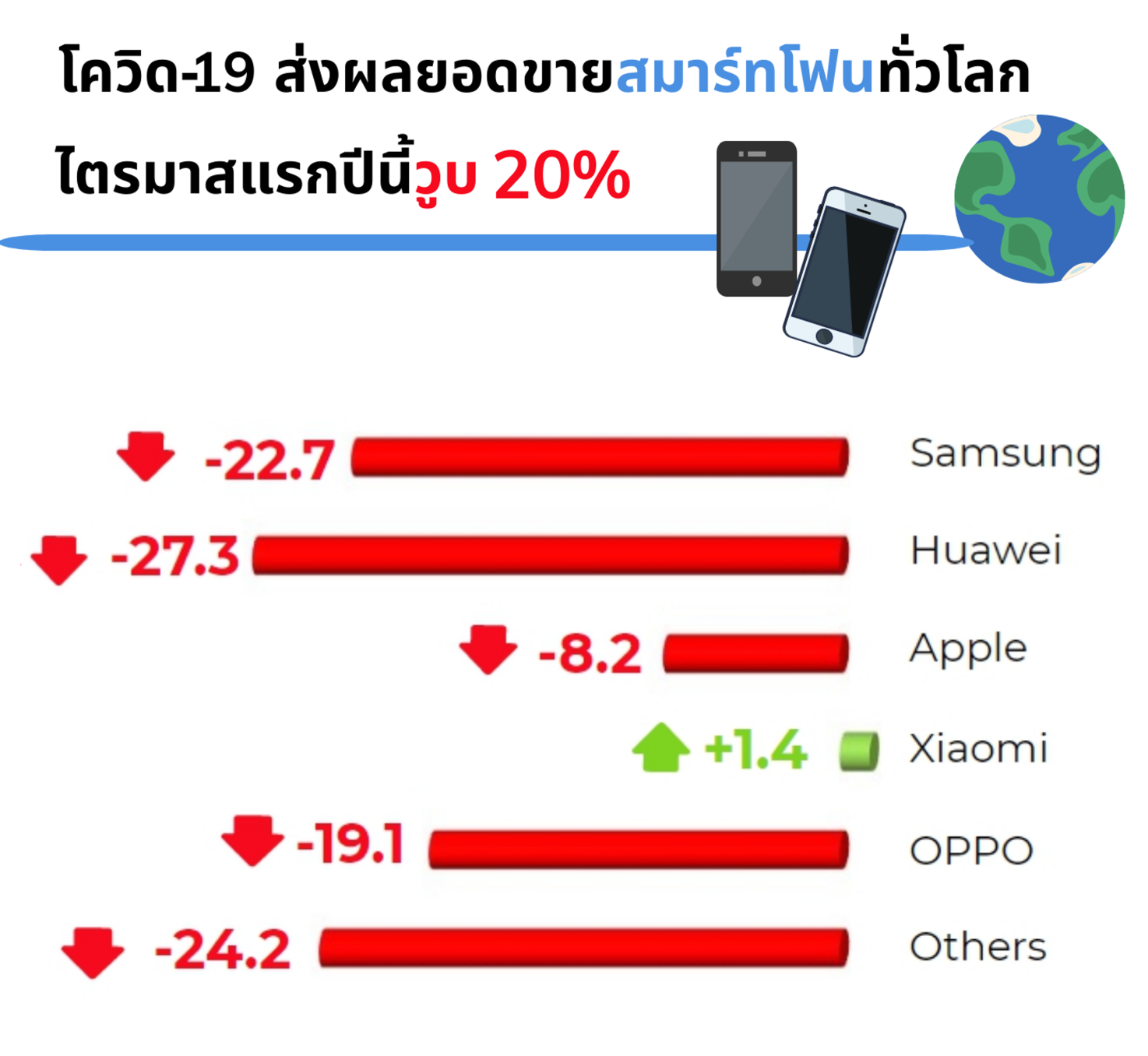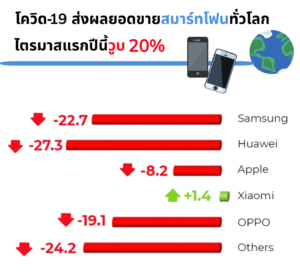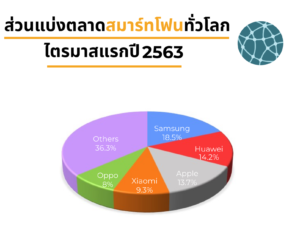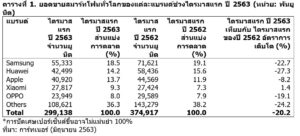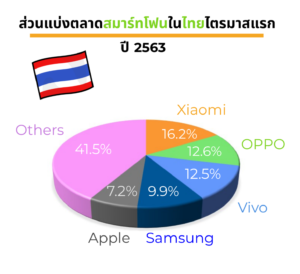Global sales of smartphones to end users declined 20.2% in the first quarter of 2020, according to Gartner, Inc. The global shelter-in-place combined with the economic uncertainty brought on by the COVID-19 pandemic led to demand for smartphones collapsing as consumers stopped spending on nonessential products during the first quarter.
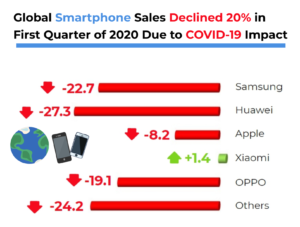
“The coronavirus pandemic caused the global smartphone market to experience its worst decline ever,” said Anshul Gupta, senior research analyst at Gartner. “Most of the leading Chinese manufacturers and Apple were severely impacted by the temporary closures of their factories in China and reduced consumer spending due to the global shelter-in-place.”
Samsung, Huawei and Oppo Recorded Worst Performances of Top Five Smartphone Vendors
All of the top five smartphone vendors recorded a decline in the first quarter of 2020, except for Xiaomi (see Table 1). Strong sales of Redmi devices in international markets and aggressive online channel focus led Xiaomi to achieve better than expected sales. Although Samsung’s smartphone sales declined 22.7% in the first quarter of 2020, the company still maintained the No. 1 spot with 18.5% market share.
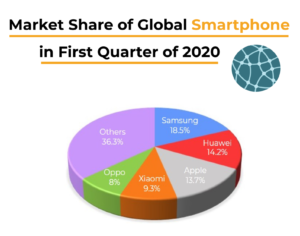

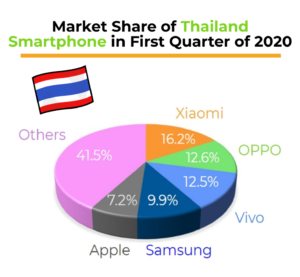
Samsung built more inventory in the channel in preparation of new smartphone launches but the lockdown and its inefficient online channel led to much weaker sales to end users than into the channel. “COVID-19 negatively impacted Samsung’s smartphone sales during the quarter. However, the decline could have been much worse,” said Mr. Gupta. “Its limited presence in China and the location of its manufacturing facilities outside of China prevented a steeper fall.”
Huawei recorded the worst performance among the top five global smartphone vendors in the first quarter of 2020. Sales of smartphones fell to 42.5 million units, a decline of 27.3% year over year. Even with its first ever decline in smartphone sales, Huawei held on the No. 2 position with 14.2% market share.
“Huawei will have a challenging year,” said Mr. Gupta. “It has developed the Huawei Mobile Service (HMS) ecosystem, but with the lack of popular Google apps and Google Play store, Huawei is unlikely to attract new smartphone buyers in international markets.”
While Apple is not as dependent on China as Huawei, Oppo or Vivo are, it faced supply constraints and store closures which negatively impacted iPhone sales in the first quarter of 2020. However, the impact of the pandemic was less significant than for the other top vendors. Apple’s iPhone sales declined 8.2%, totaling 41 million units in the first quarter of 2020.
“Apple had a strong start to the year thanks to its new product line up that saw strong momentum globally. If COVID-19 did not happen, the vendor would have likely seen its iPhone sales reached record level in the quarter. Supply chain disruptions and declining consumer spending put a halt to this positive trend in February,” said Annette Zimmermann, research vice president at Gartner. “Apple’s ability to serve clients via its online stores and its production returning to near normal levels at the end of March helped recover some of the early positive momentum.”
Oppo’s smartphone sales fell 19.1% in the first quarter of 2020. Oppo’s offline distribution which is one of it’ strengths suffered as the work from home trend forced consumers and businesses to purchase products online. To grow its sales and market share, it is paramount that Oppo strengthens its online channel.
Further information is available in the Gartner report titled “Market Share: PCs, Ultramobiles and Mobile Phones, All Countries, 1Q20 Update.”
Learn more about how to lead organizations through the disruption of coronavirus in the Gartner coronavirus resource center, a collection of complimentary Gartner research and webinars to help organizations respond, manage and prepare for the rapid spread and global impact of COVID-19.
